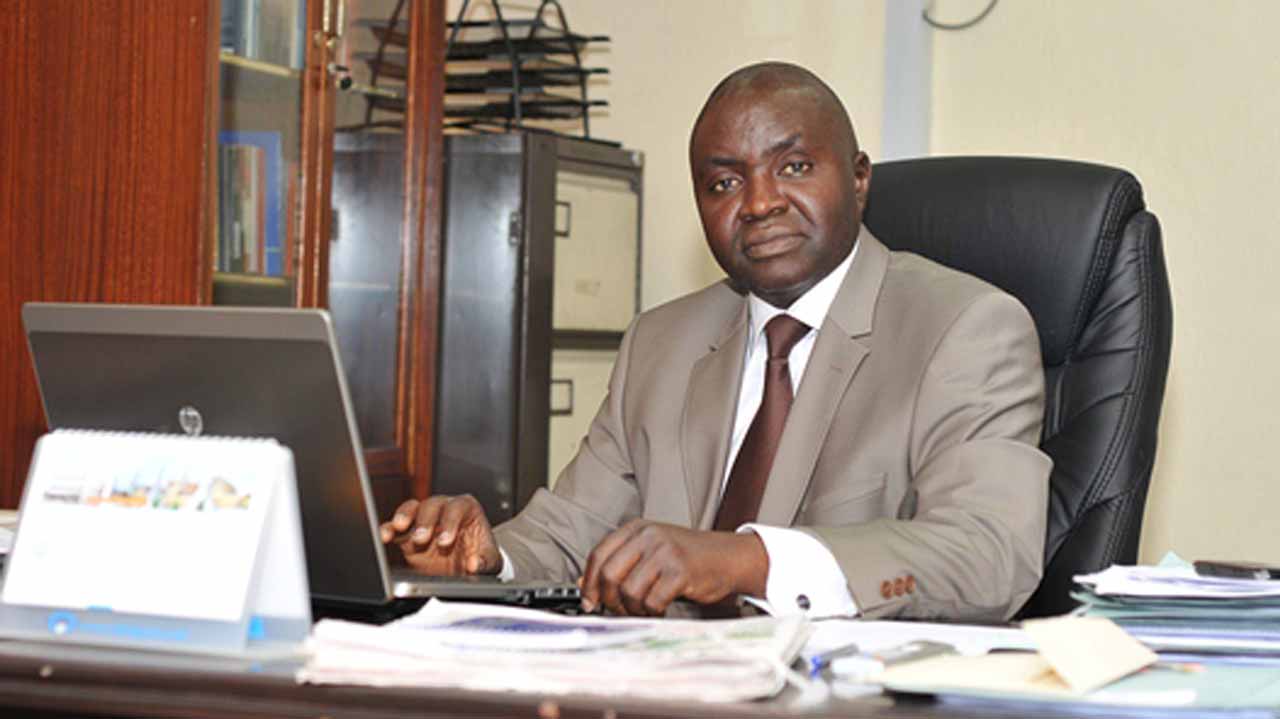Blessing Ibunge in Port Harcourt
A chieftain of the All Progressives Congress (APC) in Rivers State, Chief Government Tigidam, has commended President Bola Tinubu for granting pardon to Ken Saro-Wiwa and eight other Ogoni activists, during his broadcast marking the Democracy Day.
Tigidam, who is the Leader of APC in Khana Local Government Area of the state, also thanked the Minister of Federal Capital Territory (FCT), Nyesom Wike, and Dumnamene Dekor, Member representing Khana/Gokana federal constituency, for their roles in ensuring that the Ogoni nine received justice.
Tigidam, who spoke in Port Harcourt, yesterday, said the President’s action is a significant step towards healing the wounds of the Ogoni people and promoting reconciliation.
He expressed optimism that the gesture would bring about a new era of peace and development in Ogoniland.
“I want to commend President Bola Tinubu for this bold step, which demonstrates his commitment to justice and reconciliation. I am confident that the national honour will soon be extended to the late Ogoni Four, and this will facilitate the healing and reconciliation process.
“With this gesture, we can now look forward to a brighter future for Ogoniland, where our people can live in peace and prosperity,” Tigidam said.
He advised Ogoni people to welcome Tinubu’s gesture and avoid division, which he said could lead to another crisis in Ogoniland. “We must work together to ensure that our unity and solidarity are not compromised.”
Tigidam also emphasised that with Wike’s involvement, Ogonis would finally get what they have been seeking for 40 years.
“I’m quite sure that every item on the Ogoni Bill of Rights will be addressed by the Bola Tinubu-led APC government in Nigeria. With Chief Wike’s leadership and guidance, we can now expect meaningful development and progress in Ogoniland.
Ogoni people deserve justice, equality, and fairness, and I’m confident that this government will deliver,” he added.
The APC chieftain further called on the Ogoni people to continue to support the President and FCT Minister in their efforts to develop Ogoniland.
“We must continue to support our leaders who are working tirelessly to ensure that our rights are restored and our demands are met. President Tinubu and Chief Wike have shown commitment to the Ogoni cause, and we must reciprocate this gesture by giving them our full support,” he said.
Tigidam however, urged the people of Ogoni to remain hopeful and optimistic about the future, saying that with the government’s commitment to justice and reconciliation, Ogoniland would experience a new era of peace and prosperity.





